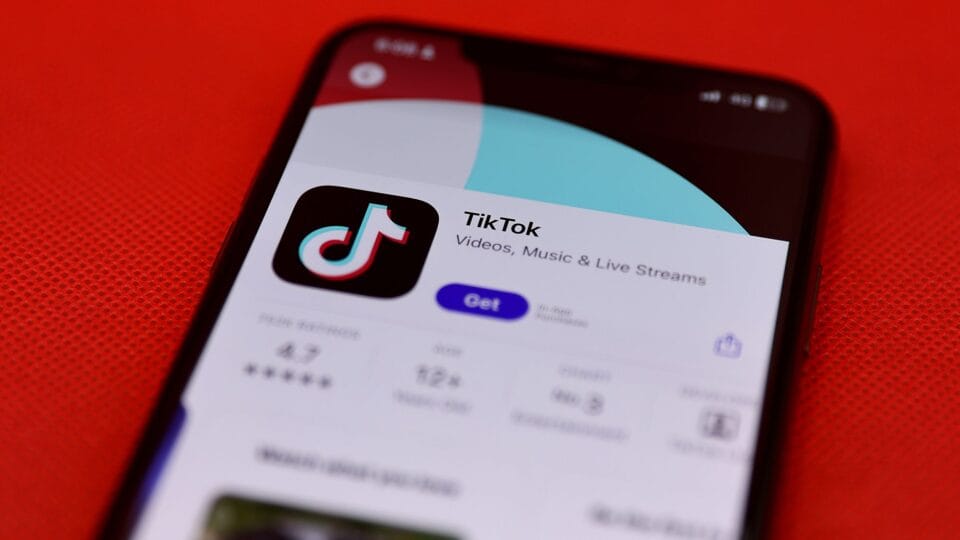TikTok has failed in its attempt to overturn a law that could lead to the platform being banned in the United States.
On Friday, a U.S. appeals court upheld the law, rejecting TikTok’s argument that it was unconstitutional. The judges concluded that the law does not violate the First or Fifth Amendments of the U.S. Constitution, meaning the platform is now closer to facing a potential ban unless it can persuade its parent company, ByteDance, to sell the app or find a buyer by January 19, 2025. After that date, U.S. app stores and internet services could face significant penalties for hosting TikTok if the company has not been sold. The law does allow President Biden the option to grant a one-time deadline extension.
TikTok indicated its intention to appeal the ruling.
“We expect the Supreme Court to uphold Americans’ right to free speech, as it has in the past,” said Michael Hughes, a company spokesperson. “This ban is based on inaccurate and hypothetical concerns, leading to censorship that could silence the voices of over 170 million Americans by January 19, 2025.”
ByteDance has previously stated it will not sell TikTok.
In April, President Biden signed a bill requiring TikTok to be sold to a non-Chinese owner or face a ban, following concerns in Congress about the national security risks posed by ByteDance. These concerns center on the potential for the Chinese government to access user data or use the platform’s algorithm to spread propaganda.
TikTok filed a lawsuit in May to block the law, claiming it infringed on the free speech rights of its U.S. users and unfairly targeted the platform. The court combined the lawsuit with claims from individual TikTok creators.
During a September hearing, U.S. government lawyers argued that TikTok’s algorithm is controlled by its Chinese parent company, raising concerns about the potential to influence American users.
In its ruling, the U.S. Court of Appeals for the District of Columbia Circuit acknowledged that TikTok allows users to express themselves freely. However, the judges noted that, due to the platform’s vast reach, both Congress and several U.S. Presidents had determined that removing TikTok from Chinese control was necessary to safeguard national security.



